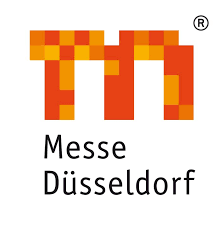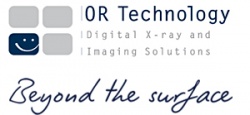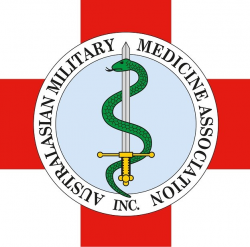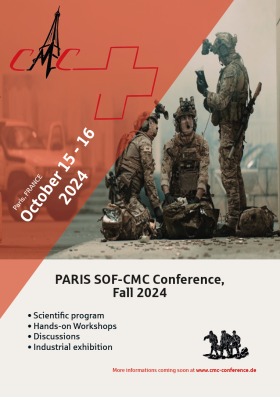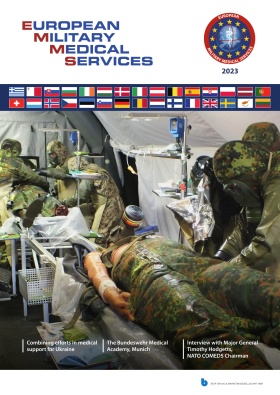
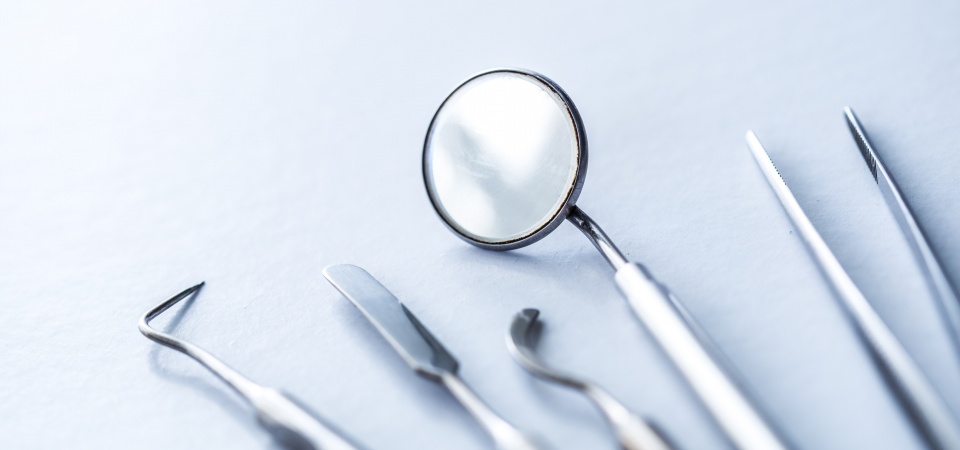
Article
Is a military dental service a luxury or a necessity?
Most countries offer their active military personnel a full spectrum of medical care, both at home and while deployed.
"A serviceman or woman with a toothache cannot fight effectively."
Is a military dental service a luxury or a necessity?
Most countries offer their active military personnel a full spectrum of medical care, both at home and while deployed. The main focus of military medicine is on primary care and emergency surgical interventions in the field. Beyond that, in-patient specialist care is often provided, even for family members and veterans.
Dental care is not offered by all countries across the board and in fact only very few countries offer comprehensive dental care for their active duty service personnel at home and even fewer offer dental services for their deployed service members.
As a preventative measure, NATO mandates per Standardization Agreement (STANAG) 2466 that at least one dental and oral health status examination must be performed pre-deployment in order to render a dental emergency unlikely within the next 12 months.
"A serviceman or woman with a toothache cannot fight effectively." This truism would be confirmed by anyone who has ever suffered from toothache. During past military conflicts, studies have shown a significant number of days where service personnel were not combat ready due to dental pain. These numbers are distressing to commanders, particularly in light of the fact that the availability of immediate dental care in the field would offer an easy solution.
“Dental readiness” in the field starts with appropriate measures pre-deployment. Experience from the German Armed Forces shows that this can best be achieved by military dentists stationed at home bases. A ratio of approximately 1 dentist for every 1,000 servicemen and women has proven to be effective. These military dentists also ensure primary dental care in deployment areas that could not be adequately provided by civilian contractors or by the host nation.
Service personnel presenting with combat-related injuries to the face and skull has increased steadily since World War I. Improved body armour usually prevents injuries to the trunk and extremities, which in the past were often immediately fatal. The appropriate care of these trauma cases requires specialist knowledge.100 years ago dentists and surgeons began to collaborate in caring for these complex injuries, eventually leading to the new discipline of oral and maxillofacial surgery.
Survival rates of servicemen and women with facial skull trauma depend on the availability of Level 4 hospital care, including appropriate dental professionals. Military dentists need to be involved in all levels of care. Level 1 emergency dental care, Level 2 surgical and dental first aid, surgeons, oral surgeons and/or specialty-trained dentists working together. Highly-qualified, definitive care aimed at restoring combat readiness is provided with Level 3 care. Inpatient oral and maxillofacial surgical care is provided in Level 4 military and civilian hospitals. STANAG 2453 and 2465 clarifies the various levels of care and both regulations are closely linked.
Specialty-trained military dentists also make indispensable contributions to identifying casualties by comparing dental findings, in addition to DNA and fingerprints. Often service personnel and civilian victims will have ante mortem dental records that forensic dentists can employ to reliably identify victims of explosions or other catastrophic events, which do not lend themselves to other methods of identification. The immediate availability of military dentists trained in forensics has proven to be extremely effective and efficient.
In addition to caring for patients, military dentists take on active management roles at all levels of medical care, contributing to combat readiness from an organisational perspective.
In conclusion, Dental Medical Officers in the medical services of the armed forces are not a luxury but a necessity, particularly in the medical services of armed forces anticipating deployments of the UN, NATO or the EU.
Close collaboration between Dental Medical Officers participating in multi-national joint missions is essential. Organisational structures, the number of dentists, their training, professional focus, equipment etc. may differ considerably between different nations. Taking these factors into account during deployment planning is essential.
A forum for exchanging views and information and becoming acquainted with each another is provided every year by the meeting of the SDFDS (Section of Defence Forces Dental Services) within the framework of the FDI Annual World Conference (Fédération dentaire internationale). This is where military dentists from all over the world meet, irrespective of their affiliation to a military alliance, their geographical location or language. It brings together dental science and the will to treat soldiers with the highest professional standards. Solutions to problems are sought and often found here – through the exchange of knowledge and experience between our respective nations. Participating in this congress is part of long-term professional development and in the interest of every nation.
Active participation of representatives of the dental services in the annual working sessions of the NATO COMEDS Dental Service Panel offers an excellent opportunity to draw attention to national concerns at the NATO level, as well as establish networks.
Author:
Dr med dent Wolfgang Barth
Rear Admiral (ret)
"The website military-medicine.com regularly publishes specialist articles on dentistry, dealing with questions of treatment at home, preparation for deployment and care in the field. Emergency and long-term treatment options for service personnel with facial trauma, including new equipment and materials are extensively discussed. The website offers ample opportunity for the increasingly important close collaboration between doctors from different specialties and dentists, especially in the field of oral and maxillofacial surgery, internal medicine, orthopaedics, psychiatry, otorhinolaryngology and general practice.
The website military-medicine.com including the well-known almanac, offers specialist knowledge and skills in military dentistry from various nations. It also offers professional training across national borders. Department heads should encourage their dental staff to share their scientific contributions and promote the exchange of knowledge in the international forums. This international website provides an excellent opportunity to communicate and share ideas and knowledge.
I encourage everyone to actively take part."
Date: 03/29/2019





